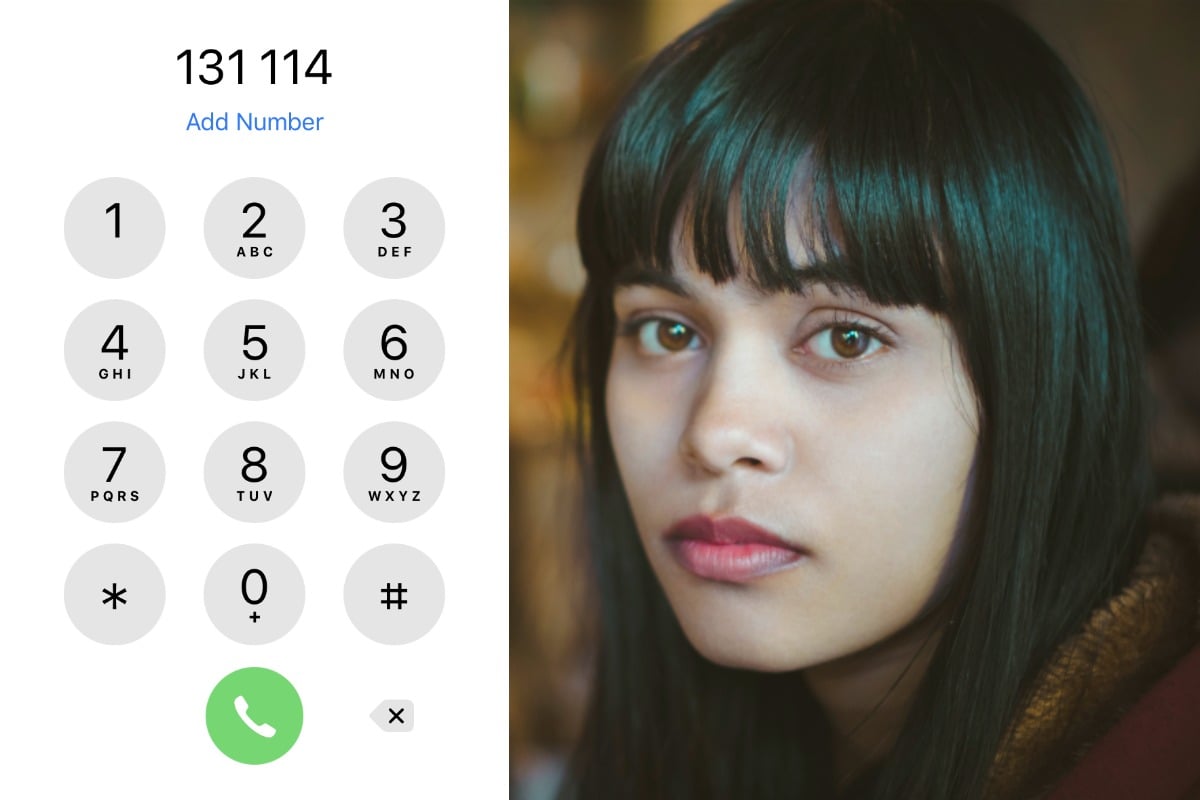
Last month, Lifeline recorded the busiest day in its 57-year history.
The Australia-wide crisis support service received more calls on Good Friday than ever before, and March will go down as their busiest month.
Rachel Bowes, Head of Crisis Services and Quality of Lifeline Australia, told Mamamia they are currently receiving a call every 30 seconds, with roughly 40 per cent of callers wanting to discuss coronavirus.
ReachOut, an online service for young people living with mental health issues, has identified the same trend. Upon releasing coronavirus-specific support in mid-March, visitation to their website increased by 50 per cent.
How to talk to someone with anxiety. Post continues below.
Beyond Blue has reported an increase of nearly 60 per cent in calls, with more people than ever engaging with their online forums.
So, when Australians call support services, what are their primary concerns? What fears and anxieties are the most prevalent? And what do we do if someone we know isn’t coping?
“I have no one to talk to”
Lifeline told Mamamia there has been an increase in the number of people concerned about loneliness as a result of COVID-19 restrictions.


Top Comments